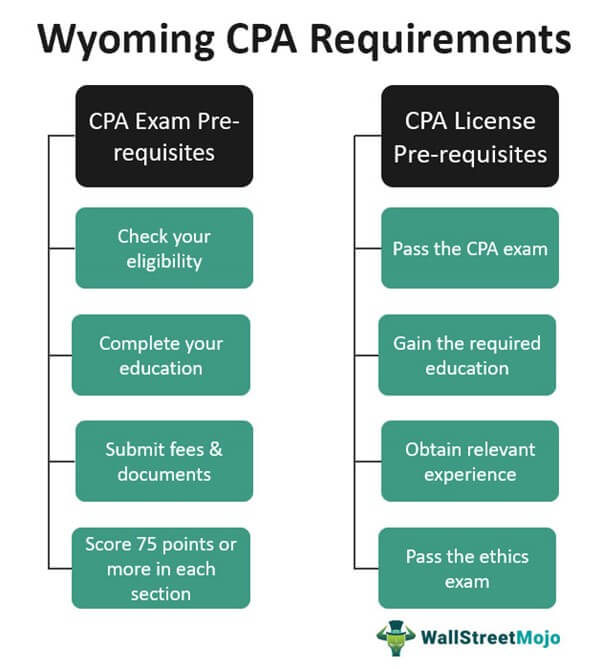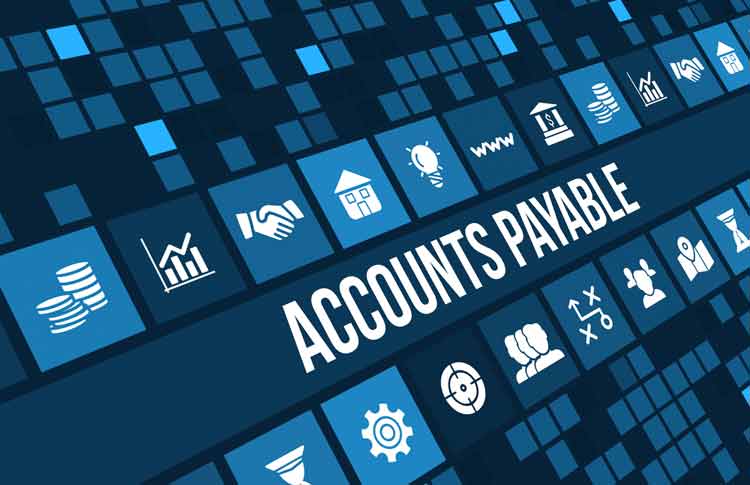
What does an accounts receivable record do for a business's financial health? These records are used to document money exchanges between businesses. They enable a business to recognize revenue as it is earned, maintain a steady cash flow, and collect claims from third parties. Businesses allow credit to be used for a portion of their sales in most cases. Credit is offered to regular customers, clients who are special, and all clients. Receivables are created when a customer defaults on a payment.
Accounts receivable are records of trade between two businesses.
The ability to manage cash flow is dependent on your business's accounts receivable. These records allow you to see exactly where you stand relative to money owed you by clients. Not only do these records keep you calm during the rough patches in your business, they also show you exactly how much money you owe. This information will help you make better business decisions, and increase your cash flow.
An accounts receivable is a record of customers' money owed. This is your balance sheet. This balance is due from the debtor within a certain year or predetermined timeframe. You send invoices and track payments. Then you send reminders and record the money owed. The account becomes an asset once the customer has paid all the balance. Revenue is then recognized. Account payable is different from accounts receivable. It is dependent on the purchase or sale of goods and/or service.

It helps a business recognize revenue when it's earned
Recognizing revenue is an essential concept in accounting. Revenue is earned when a company receives payment from a customer. Recognizing revenue can be difficult. Revenue in a retail setting is when a customer actually purchases a product and has paid for it. Revenue recognition in a construction firm setting is much more difficult. Businesses generally require sufficient revenue to maintain operations.
It is essential that a business determines when a transaction occurs in order to track its revenue. Revenue recognition is a critical process that allows a business to determine when a sale or service is rendered. So that revenue can be accurately accounted for, it's important that customers are realistic in their expectations. Revenue recognition might not happen if the customer fails to pay up front.
It helps businesses maintain a steady cash flow.
A healthy and stable cash flow depends on an efficient accounts receivable management system. Receivables are sales that a business expects it to receive in the next year. This is similar to the electric company charging customer for electricity after they've used it, but you haven't paid the money. These invoices should be added to your balance sheet and general leadger as current assets.
A business' cash flow statement can help determine where improvement is needed. If you can't collect on all accounts, it may be possible to reduce the number of late-paying customer. If you're currently processing invoices manually, use slower periods to implement more efficient systems. It is easy to ignore potential problems and not notice that they have crept into your business. A steady cash flow can prevent stress and uncertainty in your business.

It is a way for businesses to collect claims from third parties
Businesses can use accounts receivables to help them collect third-party claims for goods and services. These accounts can be collected from customers or third parties that have made payment arrangements. This aspect is critical to a business. Even if the customer doesn't pay immediately, it is possible to follow up by email or phone. Follow-up on customers who pay promptly is not recommended. It can be disruptive to the customer's feelings and cause them to feel harassed. If the customer doesn't pay, you should follow up and be prepared.
A company can track its cash flow with accounts receivable. They provide a detailed picture of its financial condition. It is also useful for businesses to know how much money they owe customers. Bad decisions can be made if accounts receivables don't get properly maintained. But, it is possible to get a better understanding about your company's financial status if you have proper invoicing and accounting procedures.
FAQ
What are the signs that my company needs an accountant?
Many companies hire accountants after reaching certain levels. If a company has $10 million annual sales or more, it will need one.
However, some companies hire accountants regardless of their size. These include small companies, sole proprietorships as well partnerships and corporations.
It doesn't matter what size a company has. Accounting systems are the only thing that matters.
If it does, then the company needs an accountant. It doesn't if it doesn't.
What training do you need to become a bookkeeper
Bookkeepers must have basic math skills such as addition, subtract, multiplication and division, fractions or percentages, and simple algebra.
They must also be able to use a computer.
The majority of bookkeepers have a high-school diploma. Some even have college degrees.
What is bookkeeping exactly?
Bookkeeping refers to the process of keeping financial records for individuals, companies, or organizations. It involves recording all business-related income as well as expenses.
All financial information is tracked by bookkeepers. This includes receipts, bills, invoices and payments. They also prepare tax returns and other reports.
How does an accountant do their job?
Accountants partner with clients to help them get the most out their money.
They work closely with professionals such as lawyers, bankers, auditors, and appraisers.
They also collaborate with other departments such as marketing and human resources.
Accountants are responsible for ensuring that the books are balanced.
They calculate the amount to be paid and collect it.
They prepare financial statements that show the company's financial performance.
Accounting is useful for small business owners.
The most important thing you need to know about accounting is that it's not just for big businesses. Accounting is also beneficial for small business owners, as it allows them to keep track of all their money.
You likely already know how much money you get each month if your small business is profitable. But what if your accountant doesn't do this for a monthly basis? You might find yourself wondering where you are spending your money. Or, you might neglect to pay your bills in time, which could affect your credit rating.
Accounting software makes keeping track of your finances easy. There are many kinds of accounting software. Some are free; others cost hundreds or thousands of dollars.
It doesn't matter which accounting system you use; you need to know its basic functions. It will save you time and help you understand how to use it.
These are the basics of what you should do:
-
Enter transactions into the accounting system.
-
Keep track of your income and expenses.
-
Prepare reports.
After you have mastered these three points, you can start to use your new accounting software.
What should I expect when hiring an accountant?
Ask questions about experience, qualifications and references before hiring an accountant.
You need someone who has done it before and is familiar with the process.
Ask them about any skills or knowledge they may have that could be of assistance to you.
Make sure they have a good reputation in the community.
What are the salaries of accountants?
Yes, accountants get paid hourly.
Accounting firms may charge an additional fee to prepare complex financial statements.
Sometimes accountants can be hired to do specific tasks. An example of this is a public relations firm that might hire an accountant for a report on how the client is doing.
Statistics
- Given that over 40% of people in this career field have earned a bachelor's degree, we're listing a bachelor's degree in accounting as step one so you can be competitive in the job market. (yourfreecareertest.com)
- a little over 40% of accountants have earned a bachelor's degree. (yourfreecareertest.com)
- Employment of accountants and auditors is projected to grow four percent through 2029, according to the BLS—a rate of growth that is about average for all occupations nationwide.1 (rasmussen.edu)
- BooksTime makes sure your numbers are 100% accurate (bookstime.com)
- In fact, a TD Bank survey polled over 500 U.S. small business owners discovered that bookkeeping is their most hated, with the next most hated task falling a whopping 24% behind. (kpmgspark.com)
External Links
How To
The Best Way To Do Accounting
Accounting is a collection of processes and procedures that businesses use to record and track transactions. It involves the recording of income, expenses, keeping records on sales revenue and expenses, as well as preparing financial reports and data analysis.
It also includes reporting financial information to stakeholders like shareholders, lenders and investors, customers and customers, etc.
Accounting can take many forms. There are many ways to do accounting.
-
Create spreadsheets manually
-
Excel is a good choice.
-
Notes on paper for handwriting
-
Use computerized accounting systems.
-
Online accounting services.
Accounting can be done in several ways. Each method has its own advantages and drawbacks. It all depends on what your business needs are and how you run it. Before you decide on any one method, consider all the pros and disadvantages.
Accounting can not only be more efficient, but there may also be other reasons to use it. Good books can prove your work if you are self-employed. Simple accounting may be best for small businesses that don't have a lot of money. On the other hand, if your business generates large amounts of cash, you might want to use complex accounting methods.